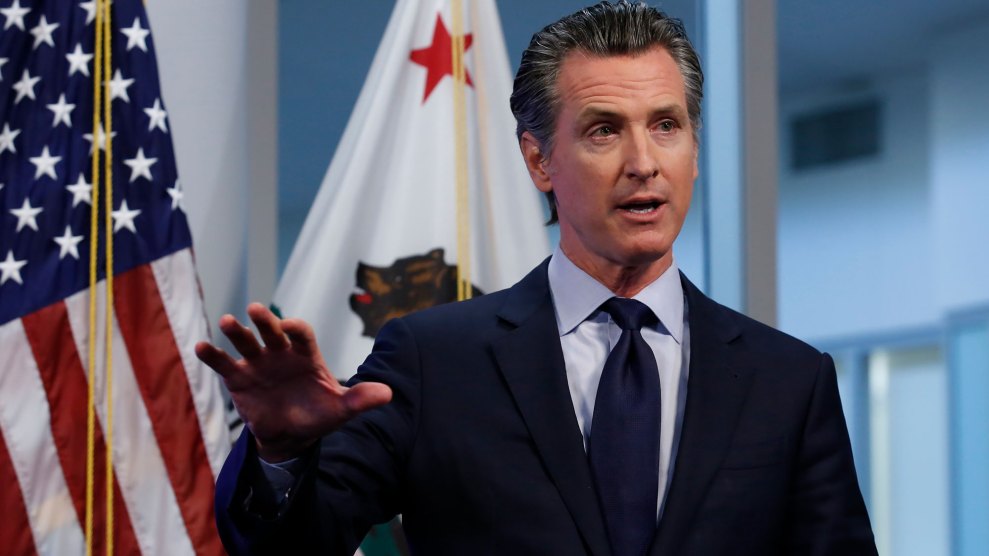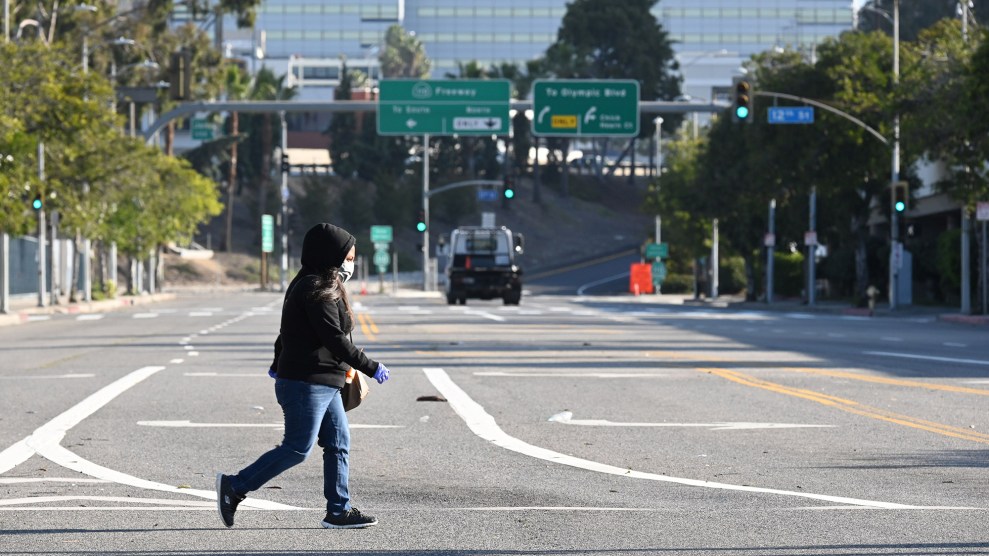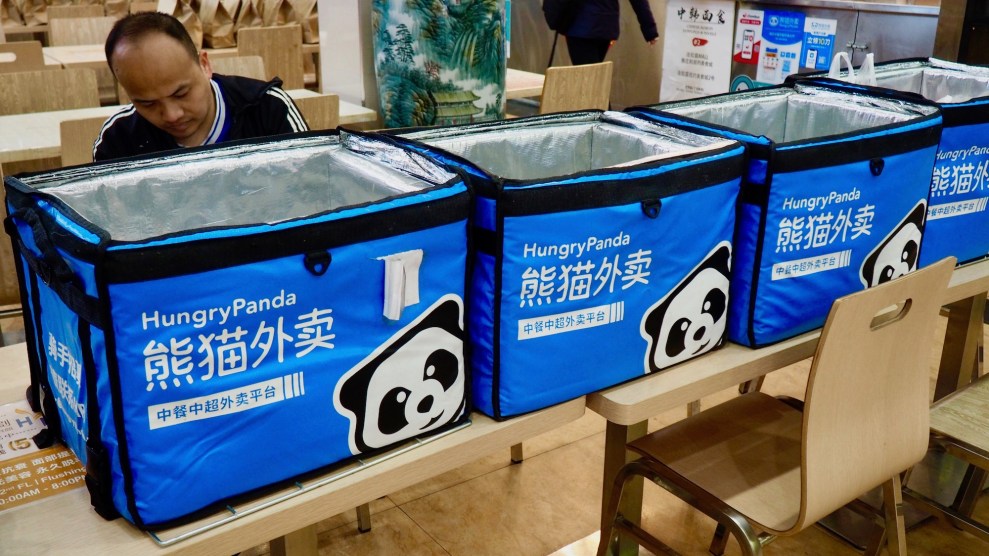
AP Photo/Rich Pedroncelli
California will be the first state to provide financial assistance to undocumented immigrants affected by the coronavirus pandemic, in what advocates are calling a “necessary first step” to prevent families from falling deeper into a crippling financial crisis.
In a press conference Wednesday, Gov. Gavin Newsom announced the creation of the Disaster Relief Fund, which will give approximately 150,000 undocumented adults in California a one-time cash payment of $500, with a $1,000 cap per household. The fund will draw on $75 million from the state government and an additional $50 million from Grantmakers Concerned with Immigrants and Refugees, a network of foundations focused on immigration issues.
“Regardless of your status, documented or undocumented, there are people in need, and this is a state that steps up always to support those in need,” Newsom said. “We feel a deep sense of gratitude for people who are in fear of deportation but are still addressing the essential needs of tens of millions of Californians.”
Undocumented workers—including the estimated 4.6 million of them who file income taxes every year—were left out of the $2 trillion federal stimulus package passed by Congress last month. They don’t qualify for unemployment benefits.
California has the largest undocumented population in the United States, according to Pew Research Center estimates. Half of all California children are born to a household that has at least one person who is undocumented, and about 10 percent of the total workforce in the state is undocumented, Newsom said.
“This is a recognition of the fact that immigrant families are essential to our state,” Angelica Salas, executive director for the Coalition for Human Immigrant Rights (CHIRLA), said in a statement. “Immigrants are one-third of the workers in California who are in the front lines fighting COVID-19 and their loved ones are hurting from this pandemic, yet the federal government has ignored them.”
The cash assistance will be dispersed through “a community-based model” of regional nonprofits that serve undocumented communities in the state. Newsom said people can apply for aid starting next month.
“Today’s announcement is a necessary first step to close the widening gap between immigrants and vital assistance that could mean the difference between life and death for millions of Californians,” said Pablo Alvarado, co-director of the National Day Laborer Organization Network. “Our hope is that the actions taken by Gov. Newsom today will catalyze public and private partnerships to encourage additional measures to ensure that all people in California—regardless of immigration status—receive equal protection under the law.”

















